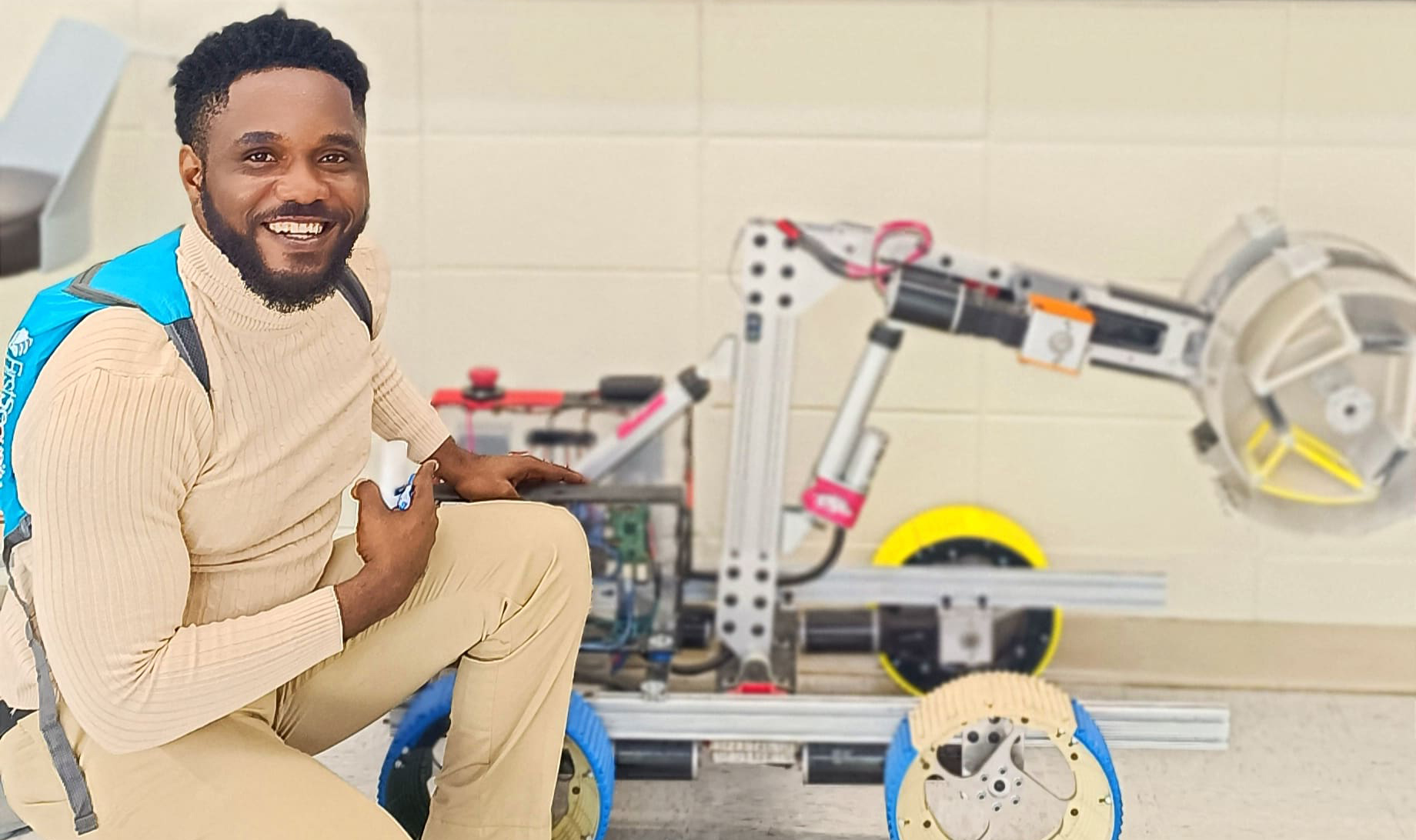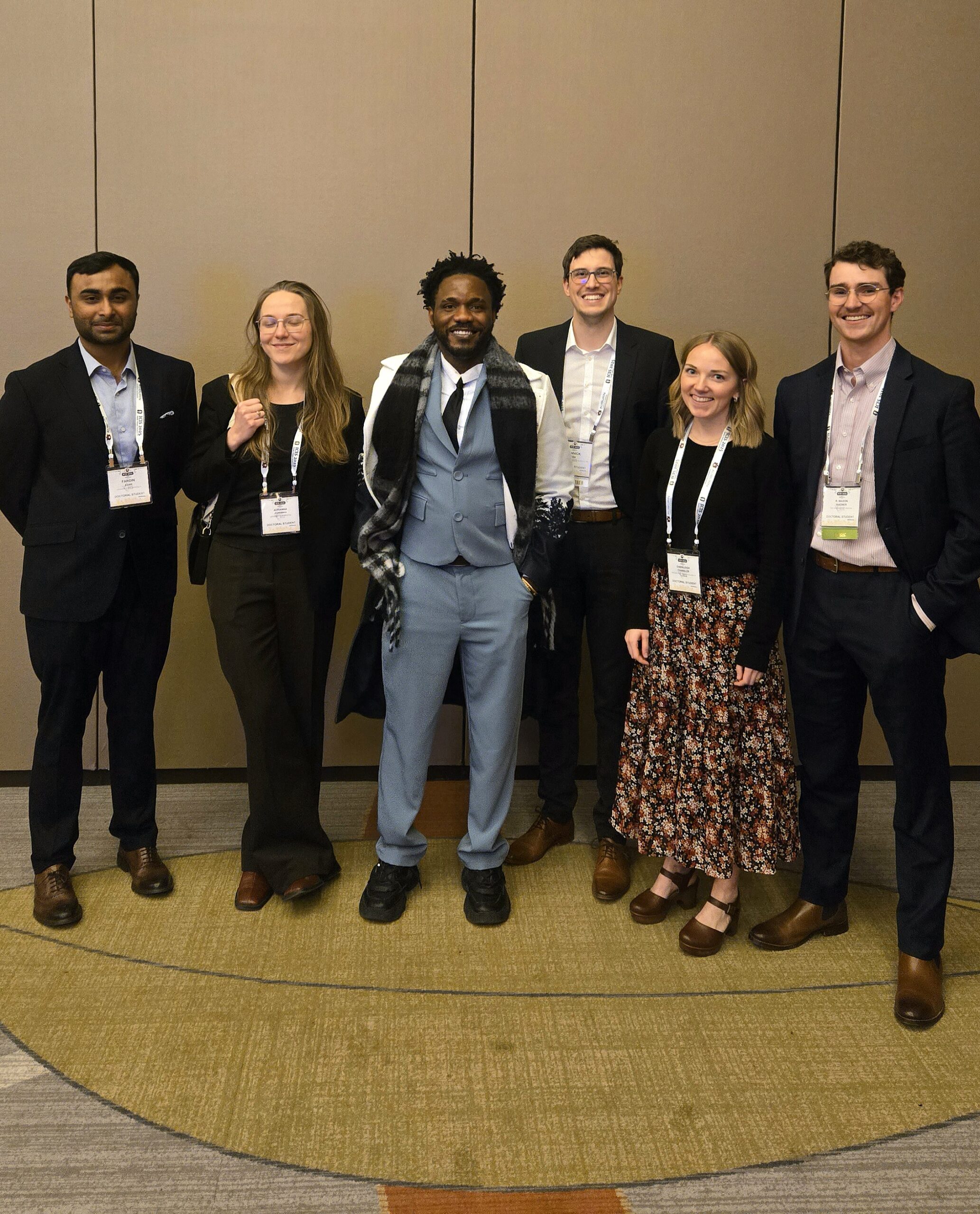I’m not biased, but whether you are a scholar or an entrepreneur, Professor Varun Grover is someone whose papers you should definitely read. When you get the rare opportunity to watch him talk, please stop everything you are doing and listen closely. I follow hundreds of researchers on social media, but Varun is someone I can totally relate to – he’s not trying to sound esoteric or complex, but his innate intention is to share something useful with you and solve real-world problems. He’s mostly interested in how technology creates value. Before I go any further, let me introduce Varun Grover: he is a Distinguished Professor of Information Systems and George & Boyce Billingsley Endowed Chair in the Sam M. Walton College of Business at the University of Arkansas.
Having spent over 15 years building my career in FMCG, part of the reason I’m doing my PhD now is to delve deeper into business research. Watching the Be Epic podcast with Varun has shed more light on what needs to be done in order to conduct thorough research in this field.

Varun made it clear that we should endeavor to create interventions for practice. Any research that we do should not be esoteric and isolated from the real world. Traditionally, when people think about research projects, the approach would be to look for research gaps in the literature and then try to fill those gaps. Varun argues that a more productive approach would be to identify real problems faced in practice and then convert those practical problems into research problems. Varun believes technology can either be used to create positive value for companies or sometimes have unintended consequences that create problems for society.
Varun also believes that one of the ways emerging technologies like AI can benefit personal and organizational use is by revolutionizing customer service, providing a more human-like, empathetic, and tailored experience for customers. AI equipped with emotional intelligence can detect and respond to customers’ emotions, allowing for more empathetic and understanding conversations. This can lead to increased customer satisfaction and loyalty. By analyzing customer data, including past interactions and preferences, AI can provide personalized recommendations and solutions, making customers feel valued and understood. Emotionally intelligent AI can offer round-the-clock customer support, ensuring that customers can get help whenever they need it, without the limitations of human working hours.
Furthermore, AI can provide invaluable companionship for older adults, offering them a sense of connection, support, and engagement. Emotionally intelligent AI can engage in meaningful conversations, share stories, and provide a listening ear, helping to alleviate feelings of loneliness and isolation often experienced by older adults. AI can help older adults maintain their cognitive abilities by playing memory games, assisting with reminiscence therapy, and providing gentle reminders for important tasks or events. It can recognize and respond to the emotional needs of older adults, offering comfort, encouragement, and a non-judgmental space to express their feelings. AI can communicate in the older adult’s native language, making it easier for them to express themselves and feel understood, regardless of their linguistic background.
AI can also significantly enhance the capabilities of primary health care physicians and improve medical knowledge dissemination. For instance, AI can interact with patients empathetically, gathering information about their symptoms, concerns, and medical history, helping physicians to better understand their patients’ needs and provide more personalized care. Emotionally intelligent AI can analyze patient symptoms and prioritize cases based on urgency, directing patients to the appropriate level of care and helping physicians manage their workload more efficiently. AI can provide physicians with instant access to up-to-date medical information, research, and guidelines, assisting them in making informed decisions and staying current with the latest advancements in their field.
However, due to the nature of AI systems today, Varun expresses his concerns that we do not have a thorough understanding of how they arrive at their output. The newer systems are digging out patterns, almost like neurological connections in the brain, creating these connections. But we don’t really understand how they’re creating these connections. It’s almost like asking a person how they came up with a decision and which neurons were connected in their brain to come up with that decision. Without understanding it, why should we trust it? And if we can’t trust it, then why should we use it? Varun believes that this is a fundamental question of technology and value, which is his major stream, and that we need to be able to trust these systems.
Varun believes that in order to instill trust, more focus should be placed on getting smaller and more specialized models that are more accurate, as opposed to large models.
Finally, Varun added that AI shouldn’t be used to devalue human skills or labor but rather to augment human labor. Let’s put this into perspective: if we’re using AI to automate and replace jobs, such as accounting or legal work, then we are essentially devaluing labor. We’re devaluing human skills and labor because we’re essentially replacing labor with technology. Varun believes that the substitution of jobs with technology is probably not the most innovative direction. He believes that we will never have innovation through automation; innovation will only occur if there are ways in which AI and technology can work together by augmenting human abilities. The competition is between the human with AI and the human without AI.
The complete video is attached below.
I strongly suggest you watch it. It will give you a more layperson’s understanding of business research and AI in general. Feel free to drop your comments below, and let’s discuss further. Thanks for reading isscholar.com.










Leave a Reply